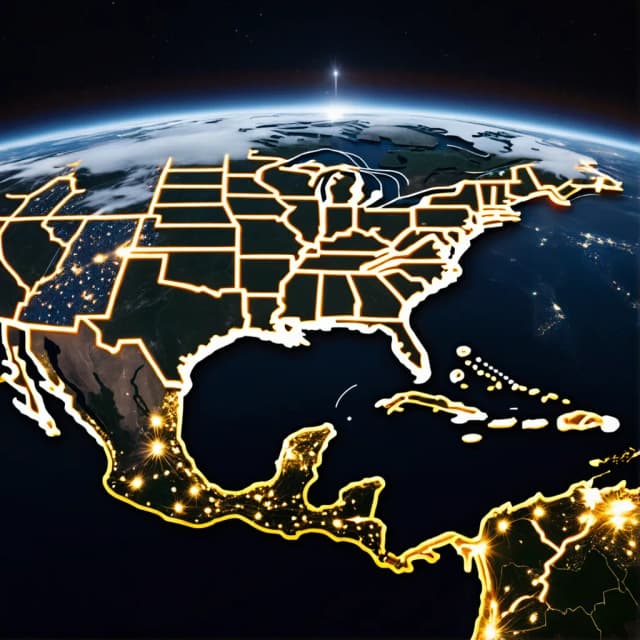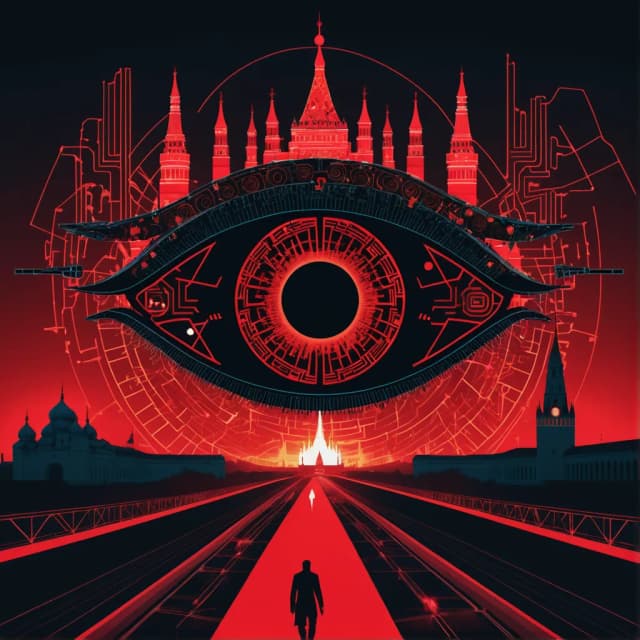Gates Predicts AI to Overhaul Human Jobs in a Decade
Will AI really replace doctors and teachers in 10 years?
How will AI change the way we receive services?
What are the potential ethical implications of AI replacing human jobs?

- Major Jobs like Doctors and Teachers to be Replaced by AI within 10 Years
- Surge in AI's Role Anticipated, Fundamental Shift in Human Service Delivery Expected
[Unblock Media] Bill Gates, co-founder of Microsoft and philanthropist, has predicted that artificial intelligence (AI) could replace major professions, including doctors and teachers, within the next decade, sparking new controversies and curiosity.
This prediction was shared in a recent discussion and has been amplified online by financial and tech influencers, suggesting a radical change in the way core human services are provided in the near future.
[object Object] Immunologist and enthusiastic AI supporter Dr. Derya Unutmaz reflected Gates' vision, stating, "Within 10 years, 80-90% of doctors, teachers, professors, engineers, or lawyers will be replaced by AI. The remaining experts will focus on helping AI discover, create new knowledge, and align with human values."
These remarks have ignited significant debate on social media, particularly regarding the feasibility and ethical implications of such changes. Critics argue that AI still lacks the empathy, contextual judgment, and ethical reasoning essential in fields like medicine and education. Meanwhile, some welcome the scalability, efficiency, and objectivity that AI might bring.
Expanded Possibilities of AI
AI is already playing an increasingly vital role in areas such as diagnostics, personalized education, and legal document analysis. Platforms supported by large language models have started assisting in tasks like medical screening, student tutoring, and even legal research.
However, the complete replacement of experts remains contentious. While AI tools have demonstrated superhuman performance in data processing and information retrieval, they often struggle with nuanced decision-making and cultural understanding. These elements are deeply ingrained in the medical and educational sectors.
The Human Element
"Replacement" of experts might not mean their complete disappearance, but rather a fundamental redefinition of their roles. Many believe the future lies in collaboration rather than replacement, where machines handle routine or data-intensive tasks, and humans provide oversight, empathy, and complex decision-making—a human-AI hybrid model.
As regulators, institutions, and society come to terms with these possibilities, one thing is certain: the AI revolution does not wait.
Get real-time crypto breaking news on Unblock Media Telegram! (Click)










